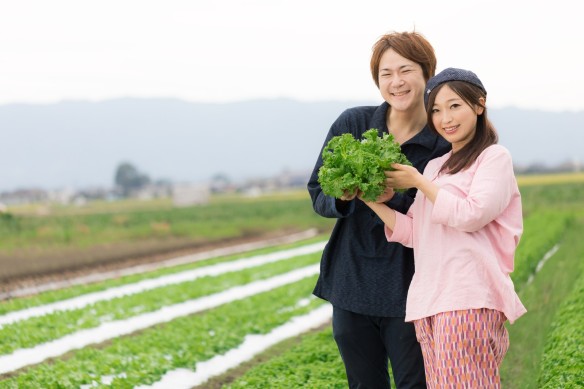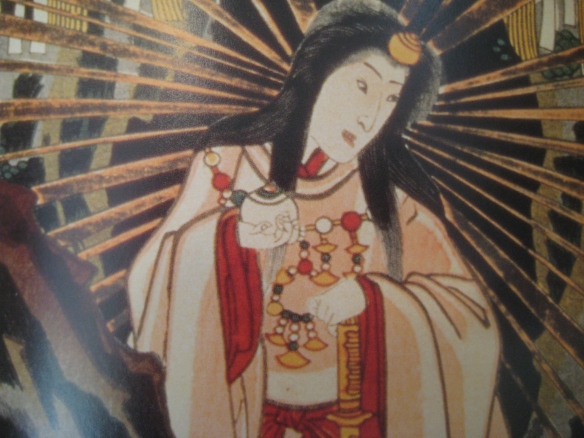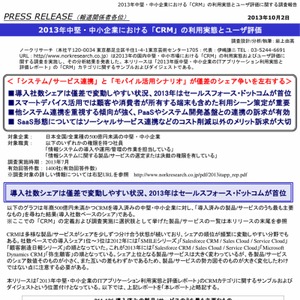
It is often misunderstood by the rest of the world that the Japanese women are mistreated, subordinate to men or powerless in Japan. It is simply not true. It is mostly because none of them know this simple fact that a majority of the Japanese wives control the finances at home.
60% of wives and 20% of husbands control finances at home in Japan.
-Sompo Japan Survey, 2013
The Japanese wives are actually “most powerful” at home compared to wives in other cultures. The majority of the Japanese women are solely responsible for making domestic financial decisions. When a man makes a big purchase, he would have to ask for permission from his wife in most households. The average Japanese husbands receive weekly or monthly “allowances.” The wife may or may not work. It doesn’t matter how much money she makes. It’s probably because most Japanese men know deep in their hearts that the Japanese women tend to be more “financially savvy” and they will end up saving more money that way. If the husband is not happy with the amount of his allowances, he can negotiate with his wife. However, it is usually met with a comment from his wife such as “YOU need to make more money in order to do that.”
It’s just how the average Japanese homes are run. In some cases when the wife is not so financially savvy, the husband may be in charge of the finances at home. This translates into the figure of 20% of the Japanese husbands said they are responsible for managing the domestic finances in the survey.
It is noted in a Japanese book called “Daughters of Samurai” (Bushi no Musume) by Chikuma Bunko Publishing that the wives of Samurais were responsible for managing the finances at home in Edo era (1603 – 1868) . The author was shocked to learn that the American wives on the other hand had to ask permission from their husbands to spend money because men controlled the domestic finances before the women gained equal rights in America.

Amaterasu, a female divine figure in Japan
I don’t have a clear answer to why this unique phenomena is happening in Japan. One reason I can think of is the underlining matriarchal culture of the “prehistoric” Jyomon era is still deeply embedded in the Japanese culture. To this day, the word “Kakaadenka” which literally means “under the rule of Mother” is used to describe when the wife is the dominating force at home.
In the oldest Japanese historical publication called “Kojiki (Furukotofumi)” which was edited by Oono Yasumaro in AD 712, the evidence of the underlining matriarchal society in Japan is clearly stated. According to Kojiki, one of the most prominent divine ancestral figures is Amaterasu omi kami (Amateru). She is seen as the political leader and the goddess of the sun. Amaterasu is considered one of the most famous “founding mothers” of Japan and the Emperors of Japan are considered to be the direct descendant of Amaterasu.
The word “kami” in Japanese language means “god” or “divinity” but it also means “leader” at the same time. The government itself in the feudal era was called “okami” and the local leaders were called by a name which combined the name of the area and “kami” as in “Tosa no kami” which meant “the leader of Tosa.” The word “kami” is still used to mean “leader” or “owner” in Japanese language. The female proprietors of traditional Japanese restaurants and inns are also called “okami.” At Japanese households, the wife is sometimes called by their husbands “kami-san.”
In Japanese culture, women have been playing leadership roles for millennia. It must have worked out well for the people. Otherwise, this tradition would not have survived so long.

